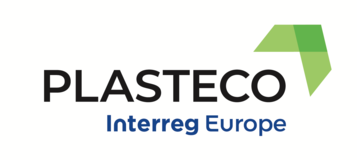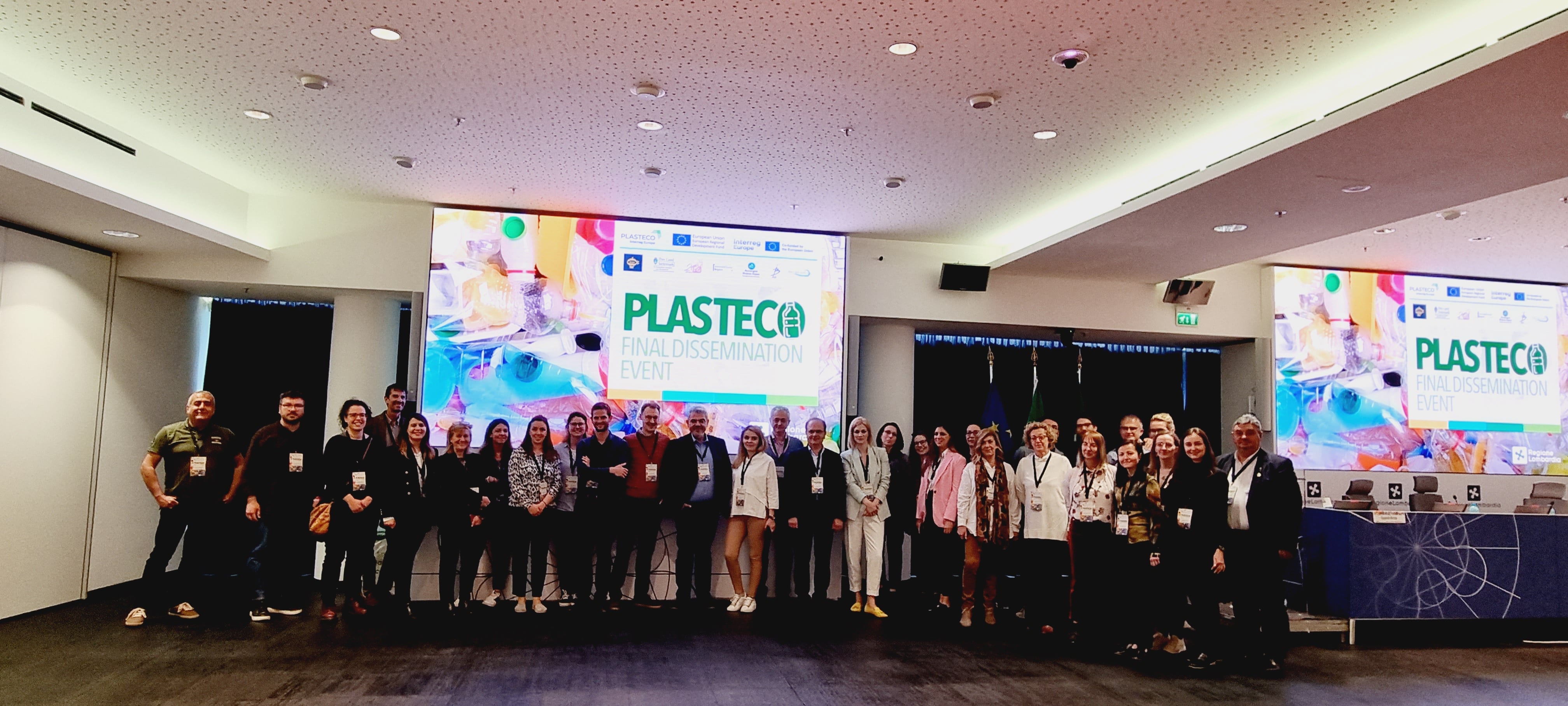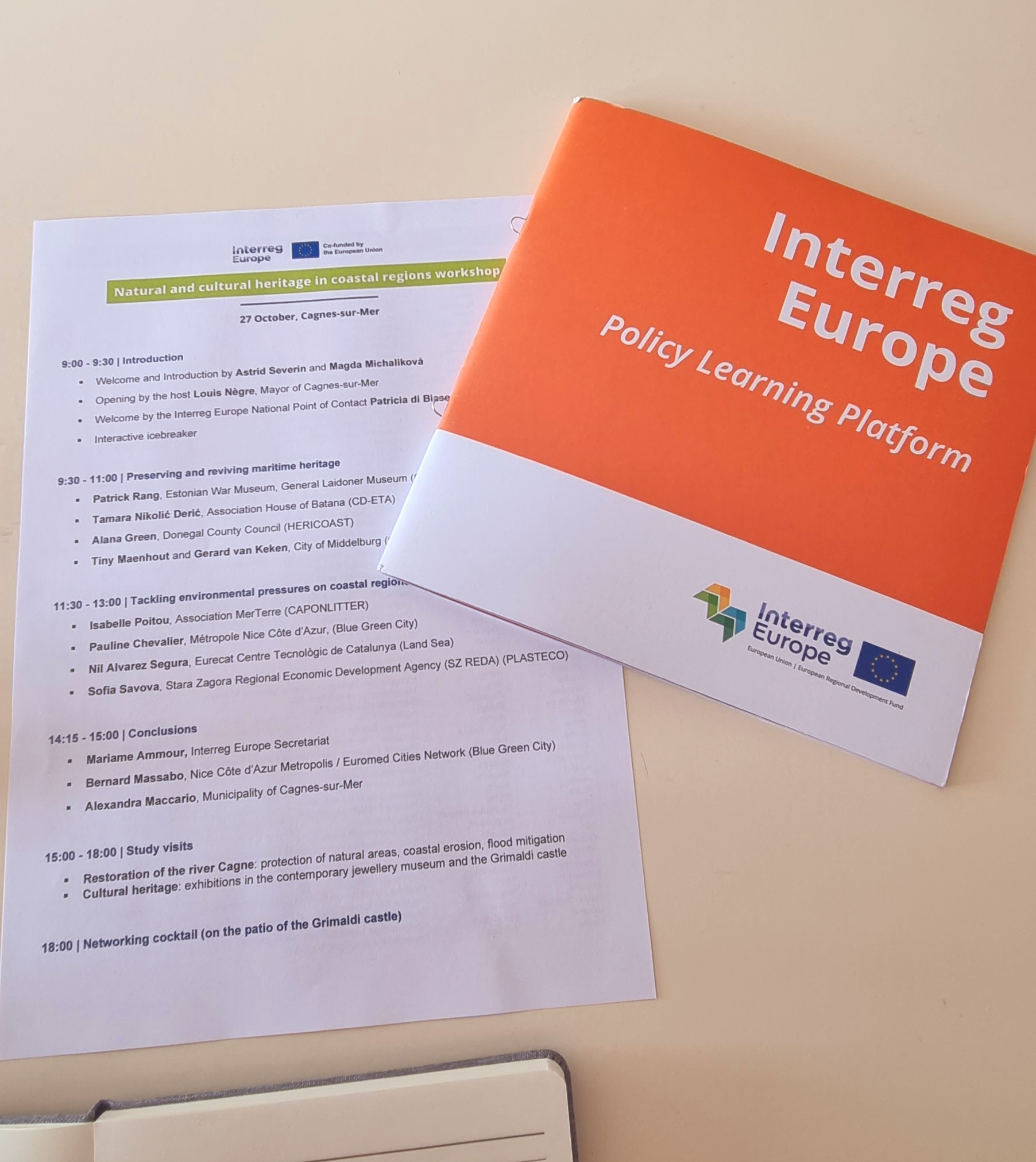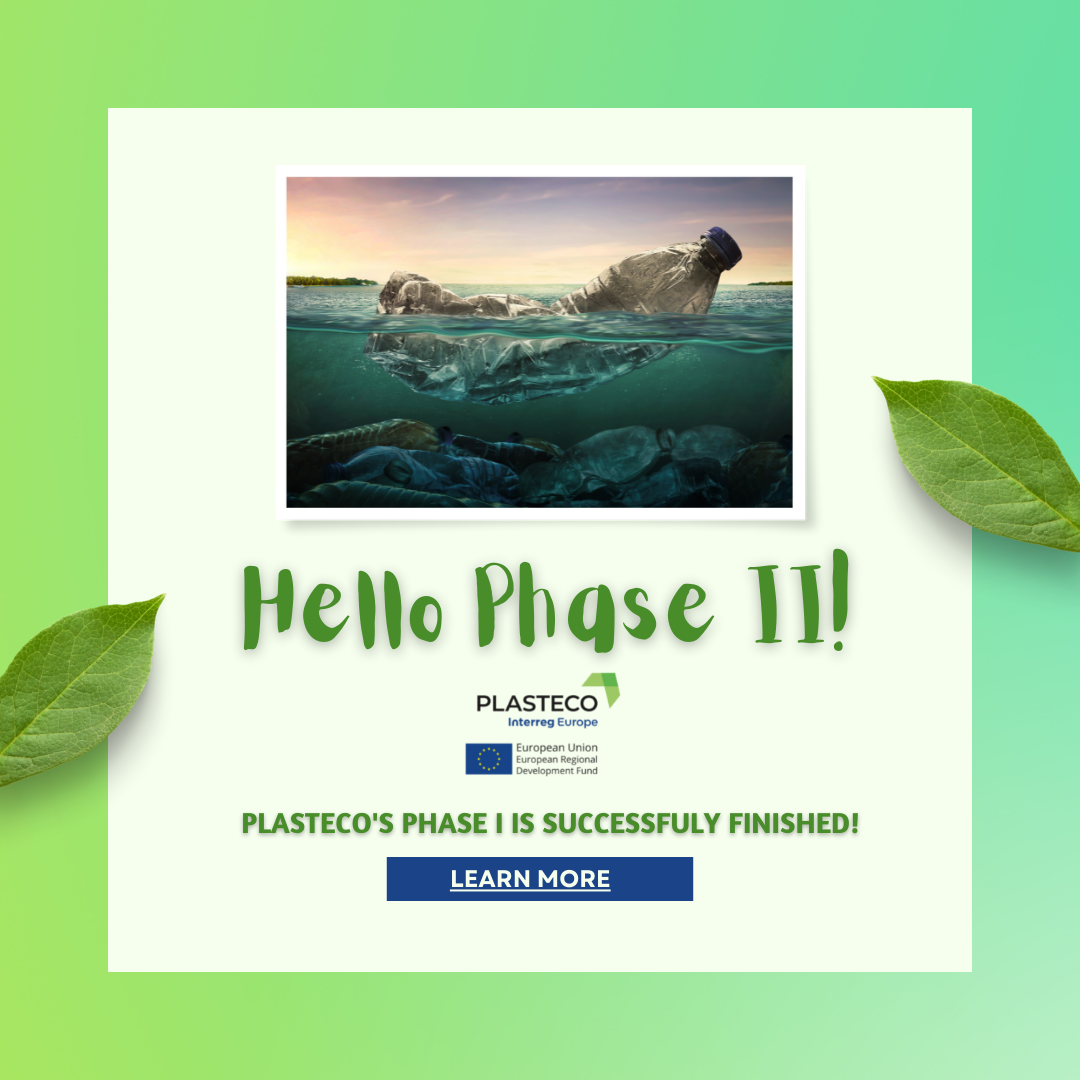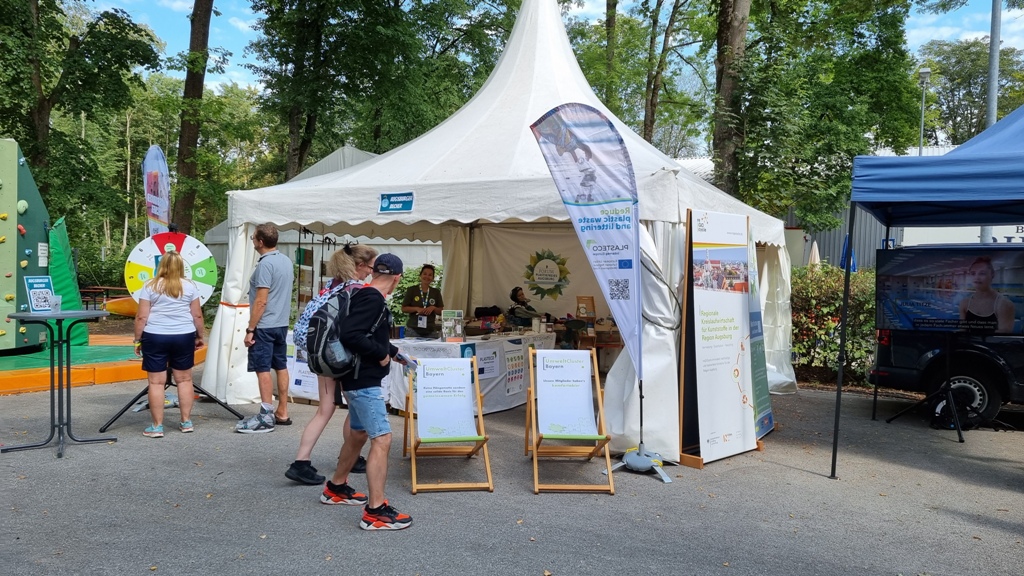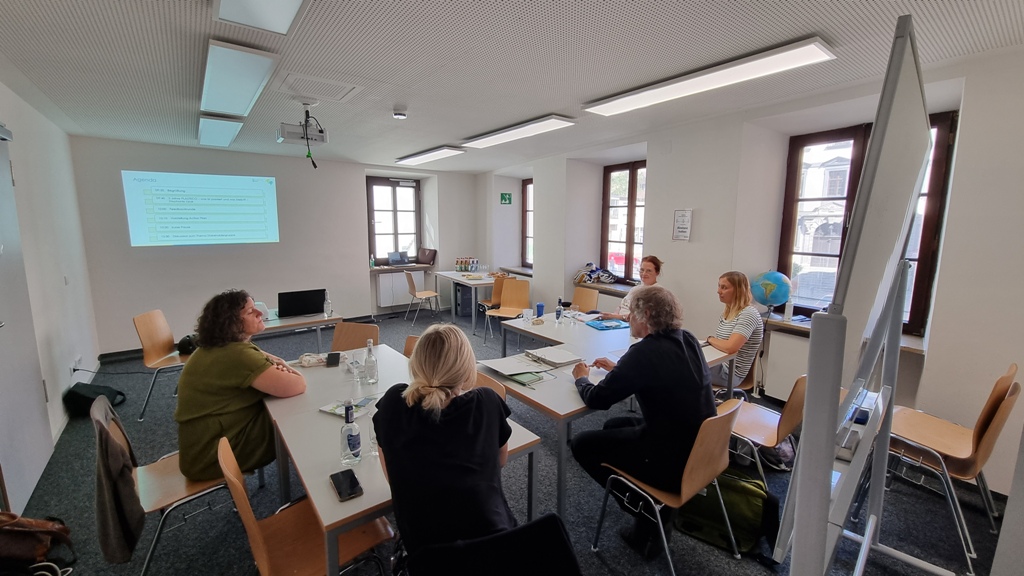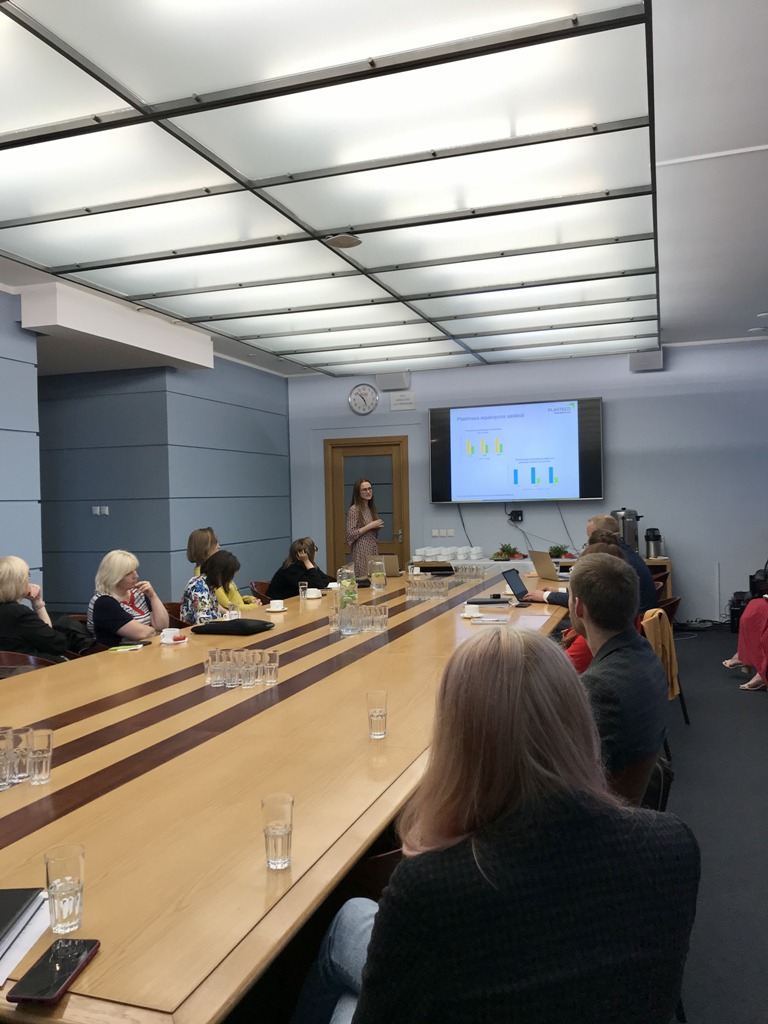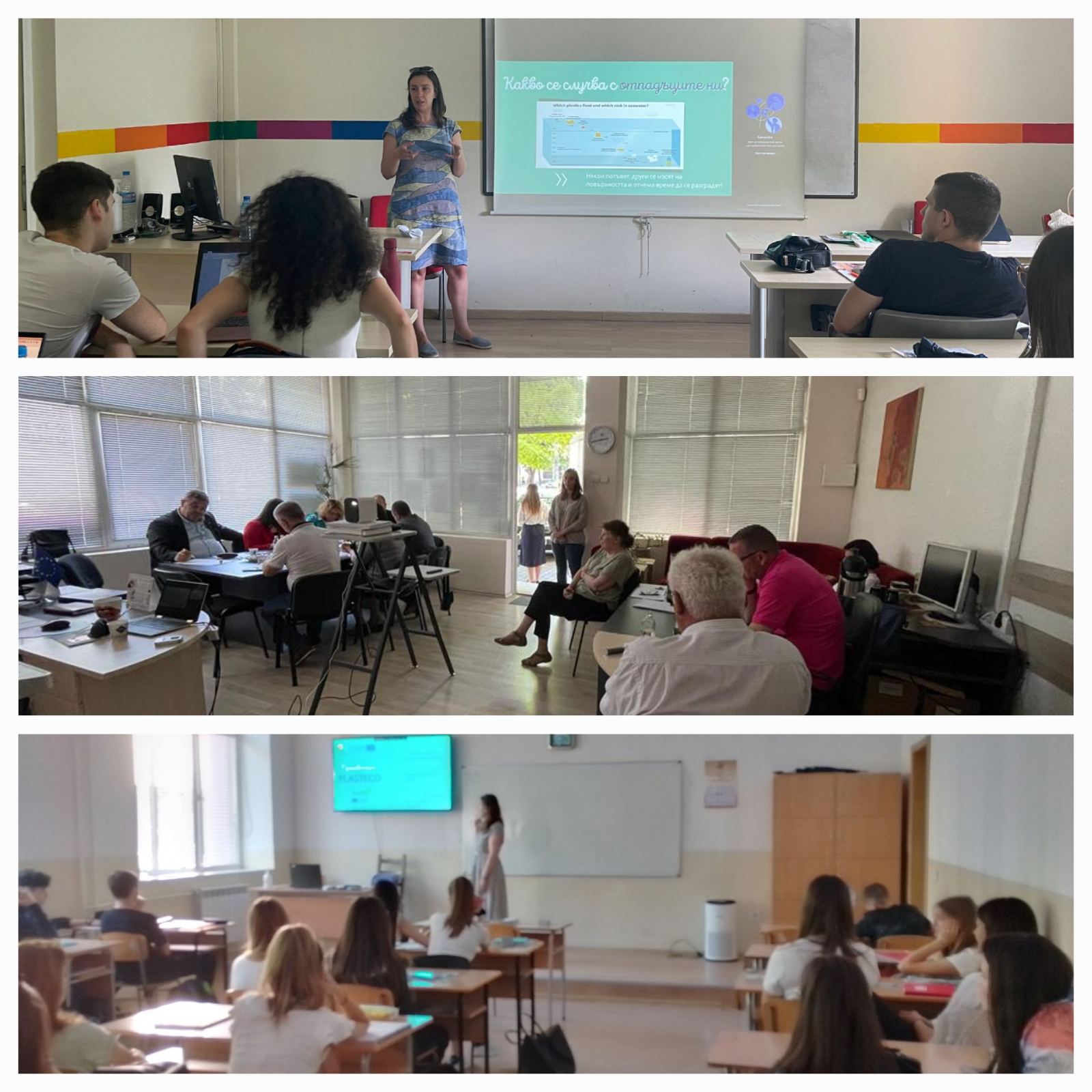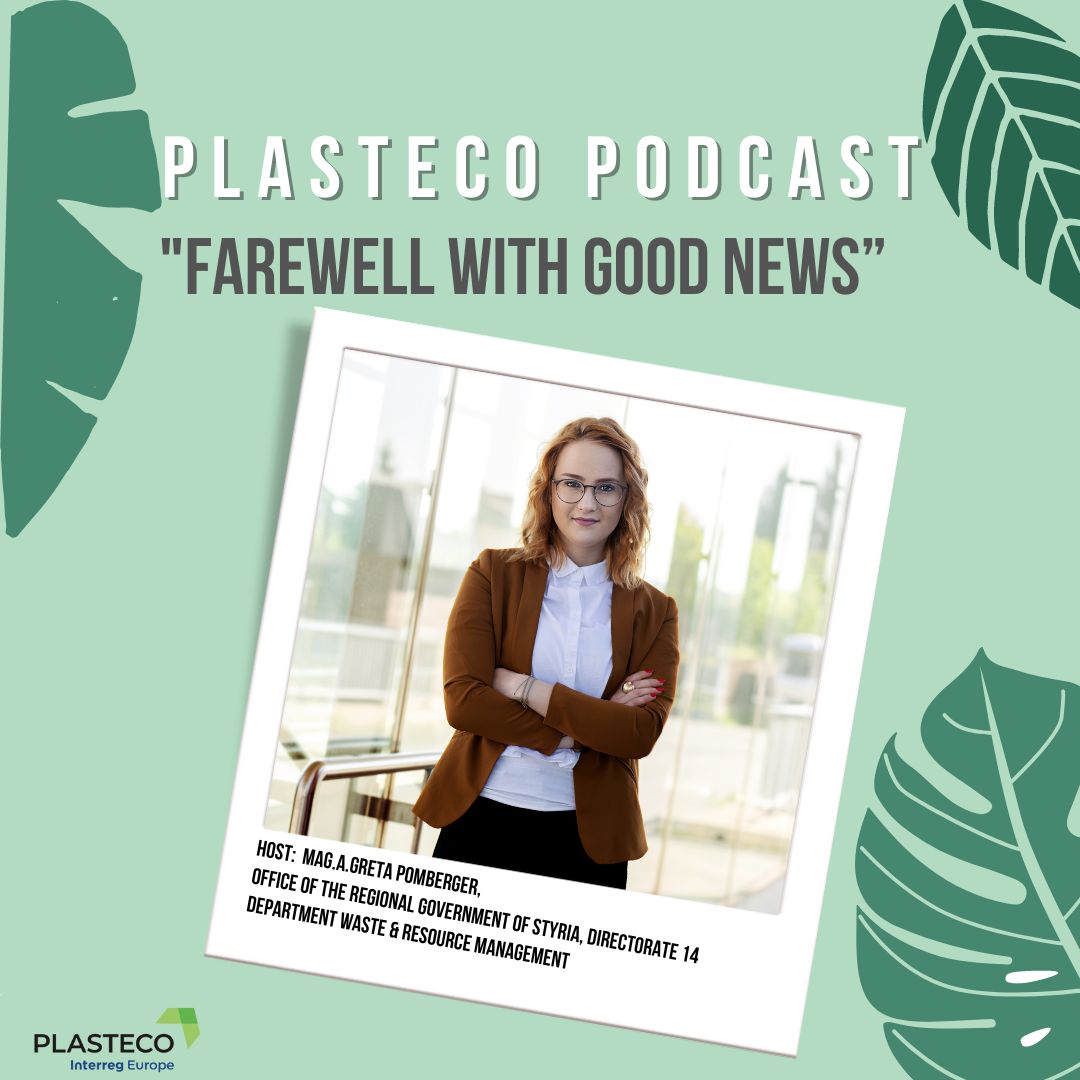In order to achieve the goals of the European Green Deal, we need to change consumer behaviour and give absolute priority to waste prevention. We must not believe that recycling can solve waste management problems and resources scarcity.
Frans Timmermans, Vice-President of the European Commission, also stresses that recycling is not the best answer to the pollution and CO2 emissions from plastics. Reusable packaging is the most environmentally friendly solution and will therefore play an important role in Europe.
Here you will find an overview of recent activities to reintroduce reusable systems in Austria.
Currently, the reusable share of beverage packaging (mineral water, beer, juices, soft drinks, soda and milk) in food retailing in Austria is about 18 percent.
The governing parties (People's Party and Green Party) have agreed in their government programme 2020-2024 that binding legal framework conditions including concrete targets for the expansion of reusable systems, especially for beverage packaging, will be created. Through cooperation with retailers, restaurants and manufacturers, the aim is to reduce the number of disposable containers.
Currently, only a few returnable systems are available. The 0.5-litre standard bottle for beer and beer drinks, and the 1.0-litre glass standard bottle for lemonades, fruit juices and mineral water are the most common. Reusable systems are promoted by the use of standardised bottles. Logistics are also made easier and producers, bottlers and retailers can cooperate more effectively.
The segment of the 0.33 litre beer bottle has doubled in the last 10 years. Its share of the beer market in Austria is currently 10 percent (135 million bottles per year). However, the majority of the 0.33 litre containers are disposable bottles. Recommendations are currently being worked on how this high proportion of disposable bottles could be replaced by 0.33-litre refillable bottles.
Innovations in the beer industry
Recently, the world's first 0.33 litre reusable bottle made of lightweight glass was presented in an Austrian brewery. The new bottle weighs only 210 grams, 90 grams less than the previous bottle.
Innovations in the mineral water sector
As early as 2014, the market leader in the Austrian market for mineral water has set a sustainable example with the reintroduction of the 1 litre returnable glass bottle. This was followed in 2019 by the 0.5-litre returnable glass bottle, which was also awarded the Austrian Eco-label.
Reintroduction of the returnable milk bottle
Austria's largest dairy has been offering milk in the one-litre returnable bottle again since March 2020. This means that for the first time in around 20 years, milk in the refillable returnable glass bottle is now available in stores throughout Austria. In future, one reusable bottle will replace at least 15 non-returnable glass bottles. A deposit of 22 cents per bottle will be charged at the supermarket, which consumers will receive back when they return the bottles. Further reusable products are planned for 2020.
New innovation in the lemonade sector
Another traditional Austrian brand has recently started offering lemonades in the environmentally friendly returnable glass bottle, which are available in food stores throughout Austria. Since March 2020 the company has been selling the lemonades exclusively in 1 litre returnable glass bottles instead of 1.5 litre non-returnable bottles. The previous 1.5 litre PET bottle is no longer produced.
Reusable systems are a minimum standard at Green Meetings and Green Events in Austria
The government parties have also committed themselves in the government programme to ensuring that state events meet the minimum requirements for "green events".
For events that are organised according to the Austrian Eco-label, glasses, cups, returnable cups, returnable dishes (plates, bowls) and returnable cutlery are an important prerequisite. Beverages must be purchased exclusively in bulk and/or reusable containers, if product availability is ensured.
Coffee in returnable cups against littering
The habit of drinking more coffee on the move as a so-called coffee to go is also very common in Austria. The "myCoffeeCup" project has developed a convenient and quick alternative to the disposable cup. Many bakeries, cafés and restaurants have joined the project and offer coffee in returnable cups, using a uniform system. The consumers can return their cups unwashed. No washing, no drying, no extra work.
Edited by Berthold Schleich - PLASTECO / Source: Dipl.Ing. Christian Pladerer, pulswerk GmbH, consulting company of the Austrian Institute of Ecology
